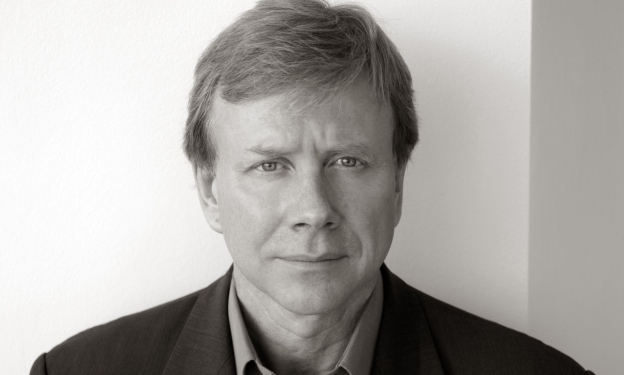
Unforgiving and arid Karamoja in north-east Uganda is home to more than a million people whose livelihoods have depended on international aid since 1963, when the United Nations World Food Programme (WFP) first began its operations.
Today, over 40 aid agencies are registered as operating in Karamoja. Their stark advertising placards posted around the empty landscape are more prominent than the presence of the Ugandan government.
Local district official, Lokapel Joseph Behetts, says many come and go without telling him and he has no idea what they do. “They are not interested in us,” he says: “They dance to the tune of the donors.”
Wrangling between donors and recipients is commonplace, but a cold truth is emerging that too many communities like Karamoja have been receiving aid for decades now without any palpable long-term results. Karamojongs remain among the poorest people in the world, and in 2009 would have faced starvation had the WFP not handed out food to the whole population.
“Keeping people alive is a very important thing,” says Stanlake Samgange, head of WFP in Uganda. “But just keeping people alive in the same conditions they’ve been in the past is not good enough.”
While Western donors have succeeded in stopping starvation and curbing disease, their record in moving people out of poverty is mixed. Yet, those societies with the most success, such as China, have not only largely shunned the concept of aid but also govern with political systems that are anathema to Western values.
China’s growth has been led by trade-based policies designed for export and to attract foreign investment. While Western democracies have been condemning China’s human rights record, Western companies have been steadily doing business there. Western consumers have been buying more and more Chinese products and the Chinese have been getting richer and richer. The result has thrown the aid debate into something of a conundrum.
In Karamoja, Mr Behetts has a list of aid agencies and their roles. Not one carries a long-term vision such as that laid out daily to the Chinese people. Indeed, it is far from clear what many aid agencies actually want to achieve. If it is to end poverty, what comes after that and what will be the engine to make it happen?
Two societies that have succeeded in reaching what could be defined as the end goal of development are Taiwan and South Korea. Having gone through war and poverty, they are now developed democratic states with strong institutions, taking roughly the same half century to get there that Karamoja has taken to maintain a stagnant status quo. Why?
The mindsets of the aid worker and that of the multinational executive have for too long been polarised and antagonistic. In the view of the aid worker, the multinational is destructively interested in exploitation and the interests of its shareholders. In the view of the multinational, the advocacy of aid agencies threatens growth.
Taiwan and South Korea show that both need each other. They must, therefore, find a more constructive way of working together. If not, the multinational will be increasingly threatened by a rebellious workforce and difficult national governments, and aid agencies will be eclipsed by the alternative development model being offered by China and other emerging powers.
The multinationals must take more responsibility for those who produce their raw products. The days of shrugging off that job to corrupt middle-men and governments need to end. Last century, the big chocolate-makers, Cadbury and Hershey’s, built cradle-to-grave communities for their workers in America and Britain. This century, that concept needs to extend to those who farm cocoa beans in the developing world yet earn such a desultory income that their lives are ones of abject poverty.
For their part, the aid agencies must look beyond poverty reduction and hold up a glittering beacon to what can be achieved in a lifetime. Powerpoint presentations on cattle vaccination and gender equality will not do. It needs to be a beacon that seamlessly mixes trade with aid.
Multinationals should recruit more experienced people from the wider developing world onto their advisory boards. According to recent research by the executive search company Blackwood, only six Chinese non-executive directors sit on Britain’s FTSE 100 boards, and of those, only one is from the mainland. These companies need far more, not just to tick boxes on diversity and corporate responsibility, but to contribute to the highest levels of decision-making.
Aid agencies, too, need to be much more proactive in bringing in business-minded people with an ability to look at an area such a Karamoja and determine how best it can create wealth. And instead of allowing national governments to pit business and aid interests against each other, they should speak with one voice about issues of the most abject poverty. This will be a far more effective way of persuading political leaders to do their part in delivering good governance to their people.
Until recently, international aid was seen as the preserve of Western democracies. During the Cold War, it was used to bolster governments against Soviet influence, but since the 1990s, it has had a fairly neutral canvas on which to operate. Now its efficiency is being challenged by China and other emerging powers, making it critical that Western governments reform their aid model so that it becomes more effective. If they fail, aid could once again be hijacked by strategic interests. It will become less a mechanism to help the very poor and more a competition for influence among richer countries.





